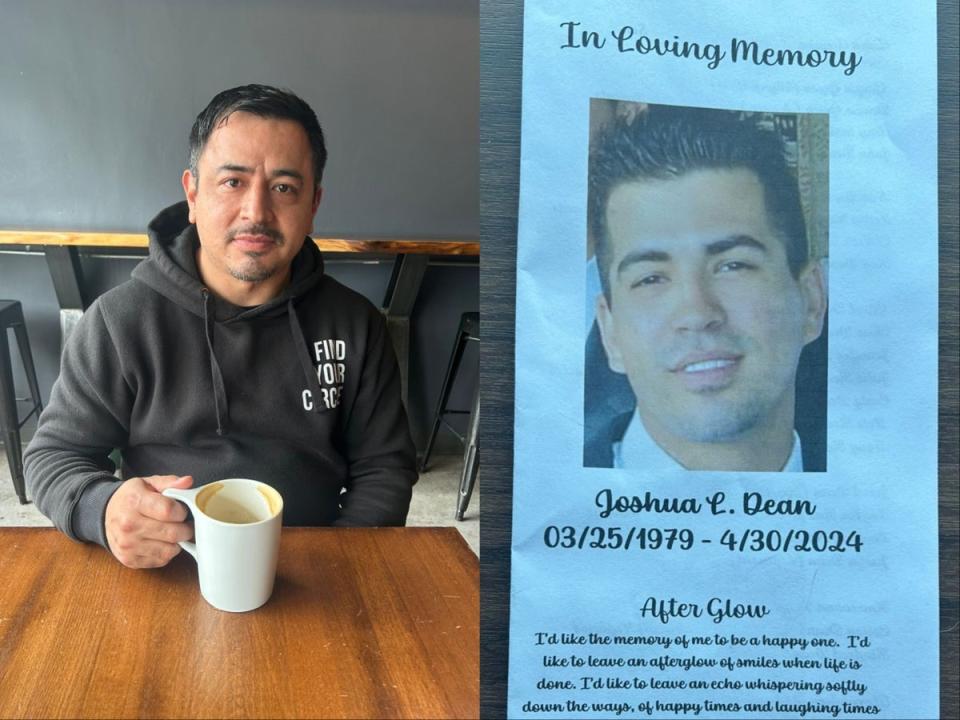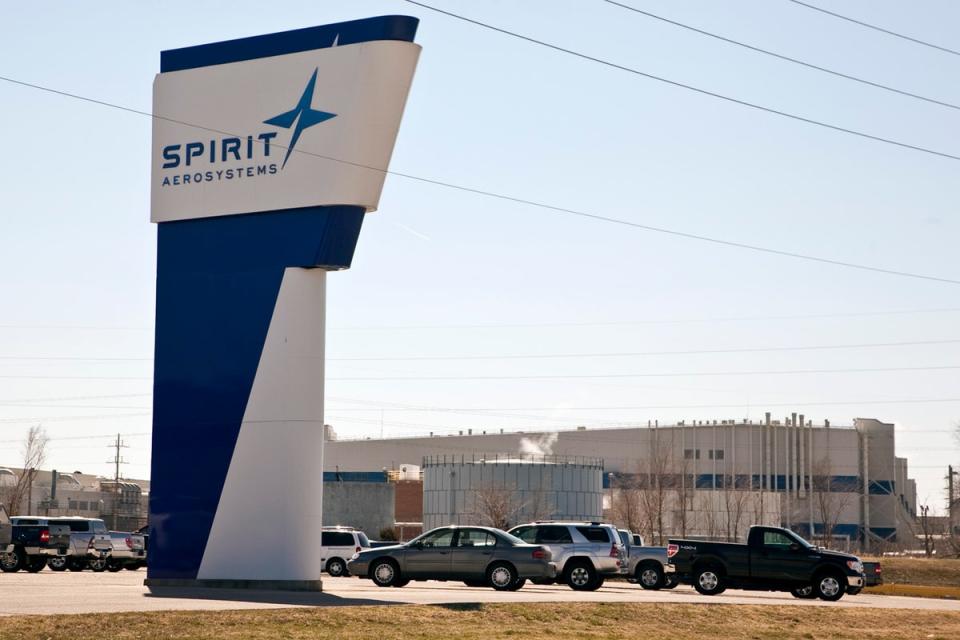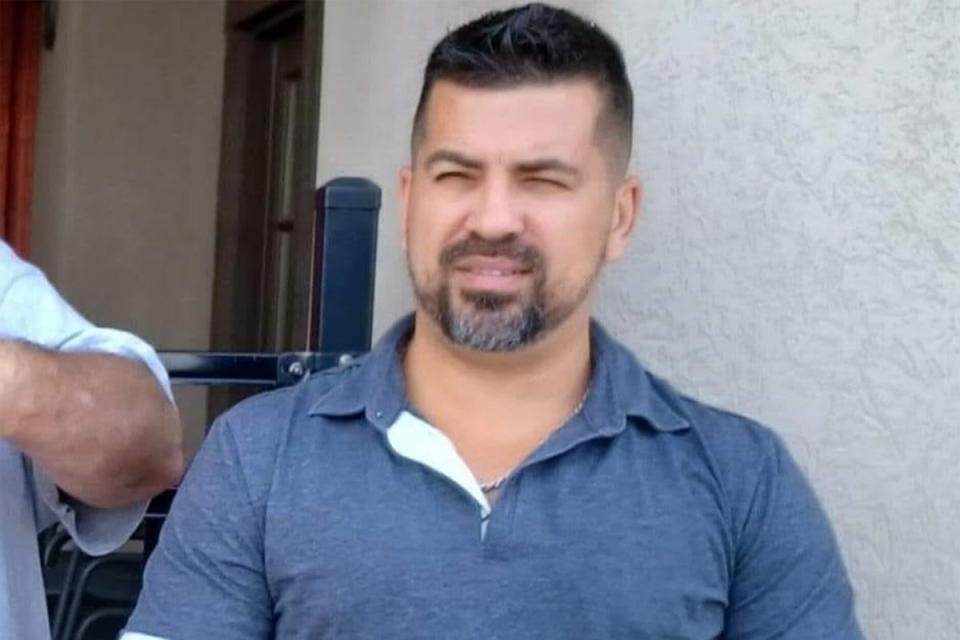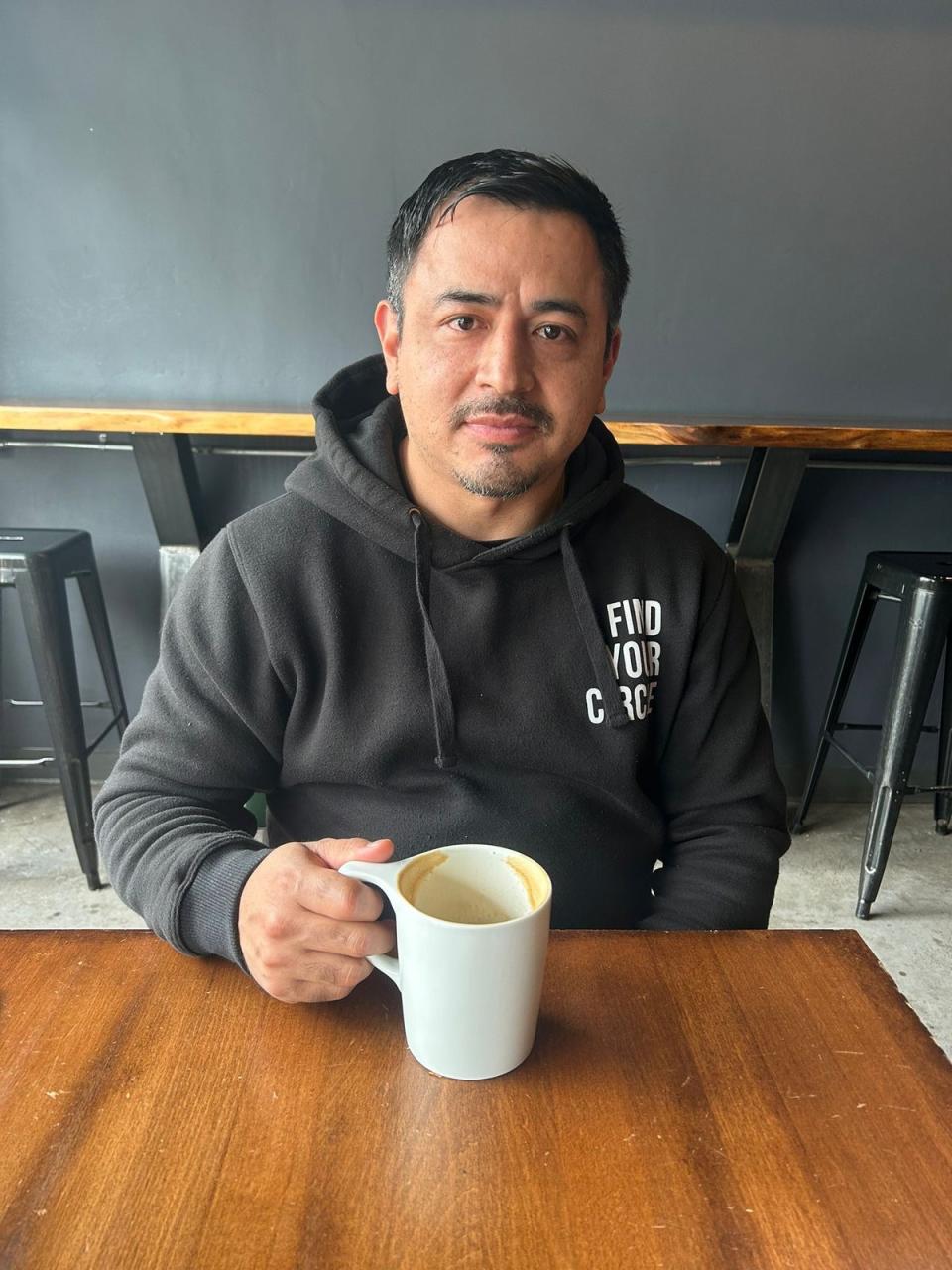Boeing whistleblower reveals he’s always looking in his rearview mirror to check he’s not being followed
The newest Spirit AeroSystems whistleblower has dismissed conspiracy theories about two other whistleblowers who died shortly after coming forward with claims of safety issues at Boeing suppliers, but admitted he’s remaining vigilant about his own safety.
Santiago Paredes, 40, exclusively spoke to The Independent just before he attended the celebration of life for his former coworker, friend and fellow whistleblower Joshua Dean, who died 30 April at the age of 45 after battling a sudden illness. Dean’s death came weeks after another Boeing whistleblower, John Barnett, died by suicide in March.
This week it was revealed that Barnett’s suicide note included the lines “I pray Boeing pays” and “Whistleblowers protection is f—– up too!”

When asked about wildfire rumours regarding whether something nefarious happened to the men after speaking out, Paredes said: “I don’t think so.
“But, you know, I’m always looking behind my mirror to make sure nobody’s car’s following me,” he said.
“I’m not saying that I’m scared, but at the same time, I can’t put a blind eye to the reality of what could be. I have to prepare myself for that.”

Paredes spent more than a decade as an inspector and team leader at Boeing supplier Spirit AeroSystems before leaving in 2022 after repeatedly issuing warnings to superiors about quality control failings – which at one point resulted in his demotion, he says. Spirit AeroSystems — not to be confused with Spirit Airlines — manufactures plane components, including fuselages and wing parts, and Boeing is its largest customer.
The safety of Boeing’s 737 Max 9 planes came under scrutiny after a door plug blew off in mid-air during an Alaska Airlines flight in January. The FAA grounded all all 171 MAX 9 jets and instigated an investigation; multiple whistleblowers have come forward to reveal their concerning experiences at Boeing and its manufacturing supplier Spirit AeroSystems.
Paredes had been friendly with Dean, an auditor, who contacted him last year and asked him to help with a shareholder lawsuit. Paredes agreed to participate anonymously – but went public with his claims earlier this month after Dean’s death, revealing that he’d been encouraged to play down any defects he found when inspecting plane fuselages.
“I’m picking up the mantle of where he left off and I have to carry on and see it through,” Paredes told The Independent.

Both men were represented by lawyer Brian Knowles, who also represented Boeing whistleblower John Barnett – who was found dead by suicide in March.
After Dean’s death, Paredes said, their lawyer “said he felt like we were in a battle and we were losing people.
“I was in a place where I started to freak out about what we were doing – if it was even the right thing,” Paredes said. “It’s discouraging to lose people – not just friends, but friends who are with you in this battle.”
A married father who now lives and works in Lawrence, Kansas, Paredes said he has been praying about the situation and is bolstered by the support and prayers of his family. His mother has been particularly concerned, he said.
“My mom has been scared,” he said on Thursday, just as news broke that up to 450 AeroSystems employees in Wichita would be laid off. “I’ve been like, ‘Nothing’s going to happen. It’s going to be all right. This is something I’ve got to do … somebody’s gotta do it.’”
Paredes said he’d also been buoyed by the outpouring of support from former coworkers and others within the industry – many of whom expressed their own fears and stories of quality failings.

“It gives me hope. I’m very happy for the support I’ve received,” Paredes said. “I was ready for people to try to discredit me, to say bad things about me – but I wasn’t too worried about much, because I know that I’ve impacted a lot of people that work there, and I’ve encouraged a lot of people that work there.”
He said he was hoping the efforts from Barnett, Dean, himself and other whistleblowers will prompt change and safety enhancements.
“What I hope happens next is … they’re just honest,” he said of his former employers. “Look, the first step to making something better is admitting every mistake. Once you admit everything that you’ve done, and you put a highlight on where the things that are wrong are wrong, you can actually change it.
“But right now, you’re so busy trying to hide that you cannot correct it – because if you correct it, then it’s going to highlight that you actually were wrong.”


